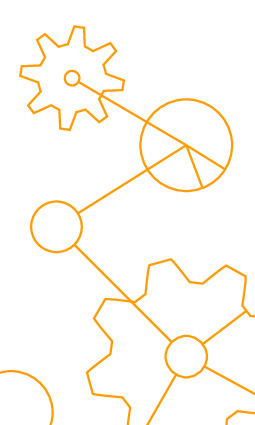|
|
|
| Module code: WIMAScWPF-W9 |
|
3V+1U (4 hours per week) |
|
6 |
| Semester: 1 |
| Mandatory course: no |
Language of instruction:
German |
Assessment:
Paper with presentation or written exam
[updated 18.12.2018]
|
WIMAScWPF-W9 Industrial Engineering, Master, ASPO 01.10.2014
, semester 1, optional course, management
|
60 class hours (= 45 clock hours) over a 15-week period.
The total student study time is 180 hours (equivalent to 6 ECTS credits).
There are therefore 135 hours available for class preparation and follow-up work and exam preparation.
|
Recommended prerequisites (modules):
None.
|
Recommended as prerequisite for:
|
Module coordinator:
Prof. Dr. Uwe Leprich |
Lecturer:
Prof. Dr. Uwe Leprich (lecture)
[updated 11.02.2020]
|
Learning outcomes:
After successfully completing this module, students will have in-depth knowledge about the scope and characteristics of the transformation of the German electricity system. They will be able to place key transformation developments and problems in an overall context and critically analyze and evaluate them. In addition, they will be able to independently explore selected areas of transformation and present them in a structured form.
[updated 18.12.2018]
|
Module content:
1. Technical elements of the future electricity system
2. Institutional elements of the future electricity system
3. Financing elements
o Financing models for renewable energies
o Capacity mechanisms
o Financing system services
o Financing networks
4. The German electricity system in the European network
5. System expansions: electricity, heat, transport
[updated 18.12.2018]
|
Teaching methods/Media:
A detailed outline with references and a set of slides will be provided for this module.
[updated 18.12.2018]
|
Recommended or required reading:
_ Leprich, Uwe (2011): Systemtransformation statt Systemintegration: auf dem Weg zu einem zukunftsfähigen Stromsystem, in: Dietmar Schütz und Björn Klusmann (Hrsg.): Die Zukunft des Strommarktes, Ponte Press: Bochum, pp. 11-36.
_ IZES (2012): Kompassstudie Marktdesign - Leitideen für ein Design eines Stromsystems mit hohem Anteil fluktuierender Erneuerbarer Energien, Saarbrücken, November
_ Leprich, Uwe (2013): Green Paper on the further development of the European internal electricity market with renewable energy sources as the cornerstones of the future system, Februar, Saarbrücken
_ Growitsch, Christian/Matthes, Felix/Ziesing, H.-J. (Moderation) (2013): Clearing-Studie Kapazitätsmärkte im Auftrag des Bundesministeriums für Wirtschaft und Technologie (BMWi), Berlin/Köln, Mai 2013
_ IZES/BET/Bofinger (2013): Stromsystem-Design: Das EEG 2.0 und Eckpfeiler eines zukünftigen Regenerativwirtschaftsgesetzes, Saarbrücken/Aachen/Würzburg, Oktober
[updated 18.12.2018]
|


